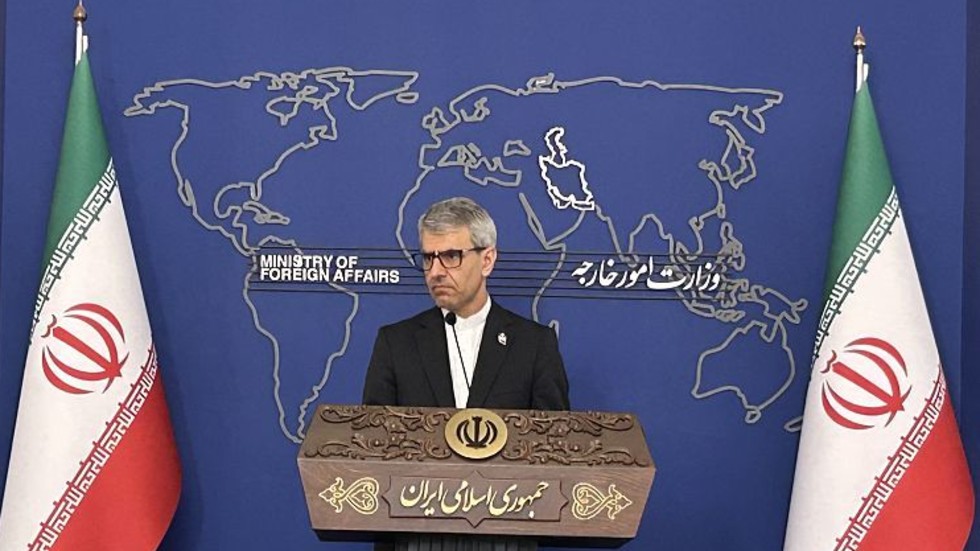Oil prices have risen for the second consecutive day, following the Central Bank of Nigeria’s decision to cut its interest rate by 50 basis points. The rate reduction, from 27.5% to 27%, aims to stimulate economic growth. As a result, Brent futures increased by 19 cents, or 0.3%, to $67.82 a barrel.
The increase in oil prices is also attributed to a stalled deal to resume exports from Iraq’s Kurdistan, which has halted pipeline shipments of oil from the region to Turkey. Additionally, industry reports indicate a decline in US crude inventories, contributing to a sense of tightening supplies. The naira, Nigeria’s currency, appreciated to ₦1,487.36 per dollar in the official foreign exchange market, marking a marginal gain of 0.08% compared to the previous day.
The Central Bank of Nigeria’s decision to cut interest rates is a cautious pivot in monetary policy, as inflation shows signs of easing. This move is the first rate cut in five years and may indicate a shift in the bank’s approach to stimulating economic growth. The naira’s appreciation is also driven by sustained Central Bank interventions and steady foreign portfolio inflows.
In the parallel market, the naira held steady at ₦1,515 per dollar, according to street traders. The official foreign exchange market saw the dollar quoted at ₦1,487.36, compared to ₦1,488.60 on the previous day. The rate cut and subsequent appreciation of the naira may have a positive impact on the country’s economy, particularly in the context of increasing oil production.
Nigeria’s daily crude oil production rose to 1.68 million barrels per day in the second quarter of 2025, a four-year high since 2022. The National Bureau of Statistics and the Nigerian Upstream Petroleum Regulatory Commission reported an output increase of 9.9% Year-On-Year in July 2025, averaging 1.71 million barrels of oil per day. This surge in production, combined with the appreciation of the naira, may contribute to the country’s economic growth and stability.
The ongoing supply disruptions from Russia have supported oil prices, but uncertainty surrounding US Federal Reserve interest rate decisions may cap further gains. The decline in US crude inventories, with a decrease of 3.82 million barrels in the week ended September 19, has also contributed to the sense of tightening supplies. As the global oil market continues to evolve, Nigeria’s increasing production and the naira’s appreciation may play a significant role in shaping the country’s economic future.



